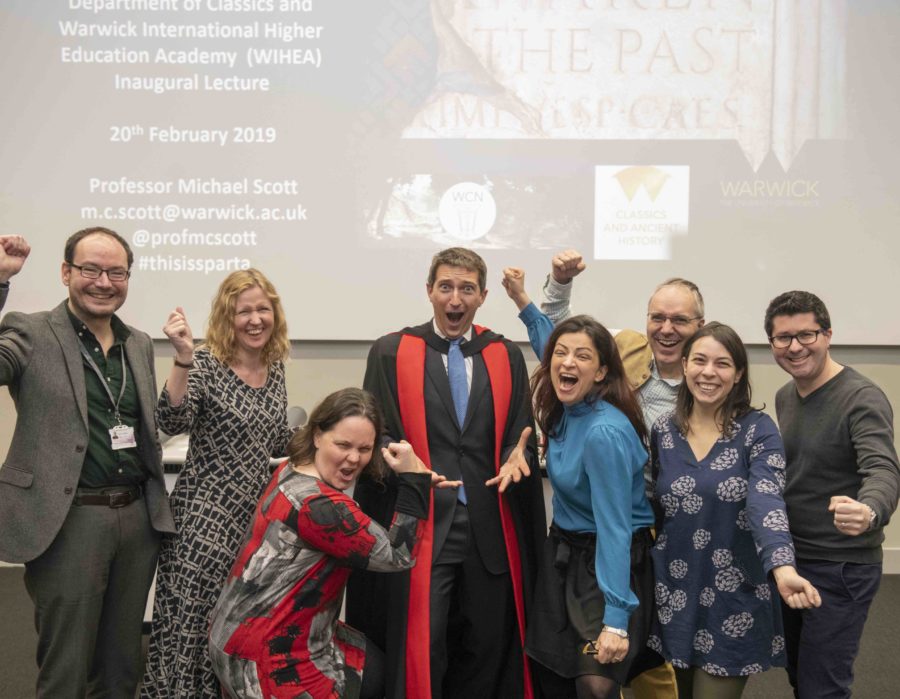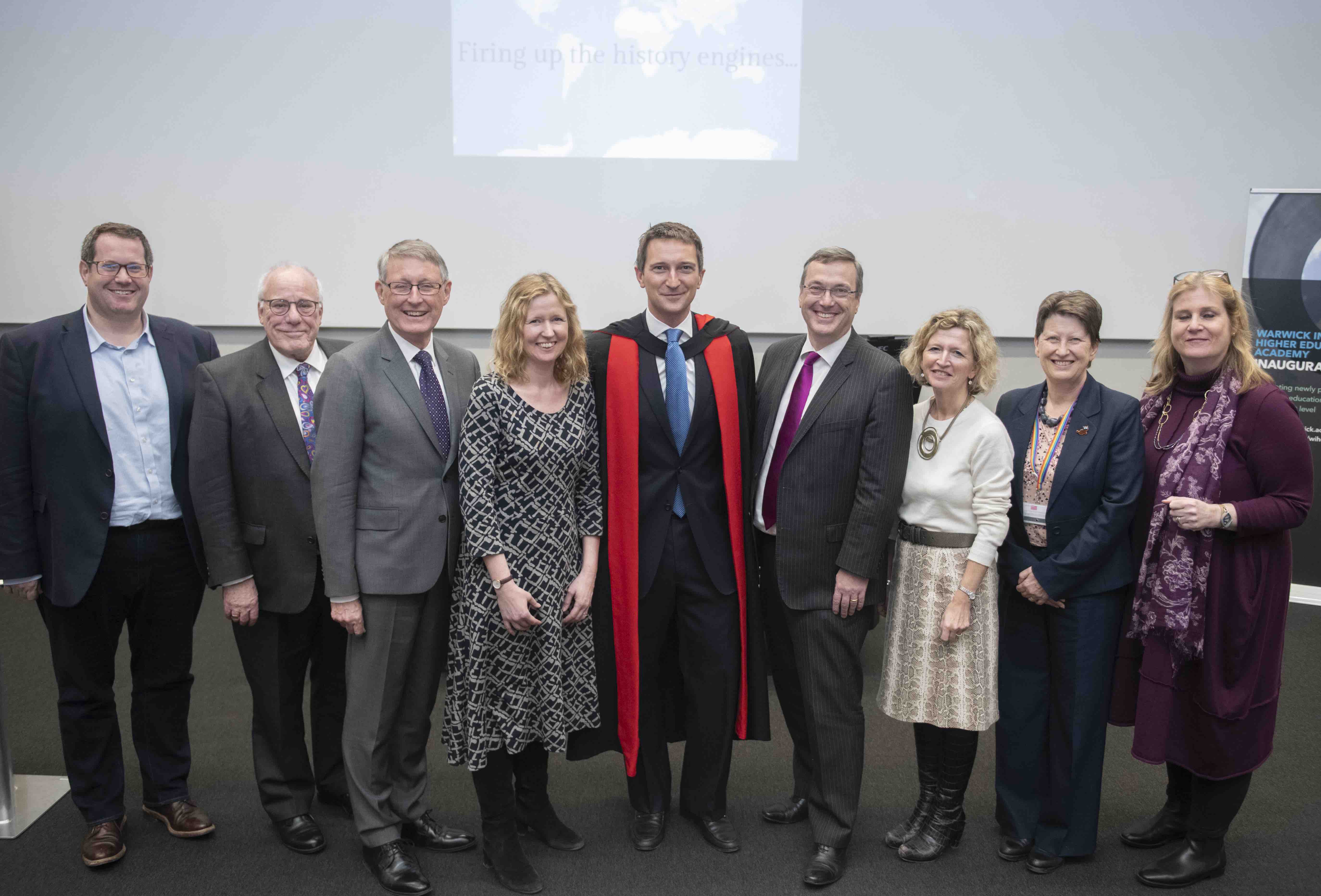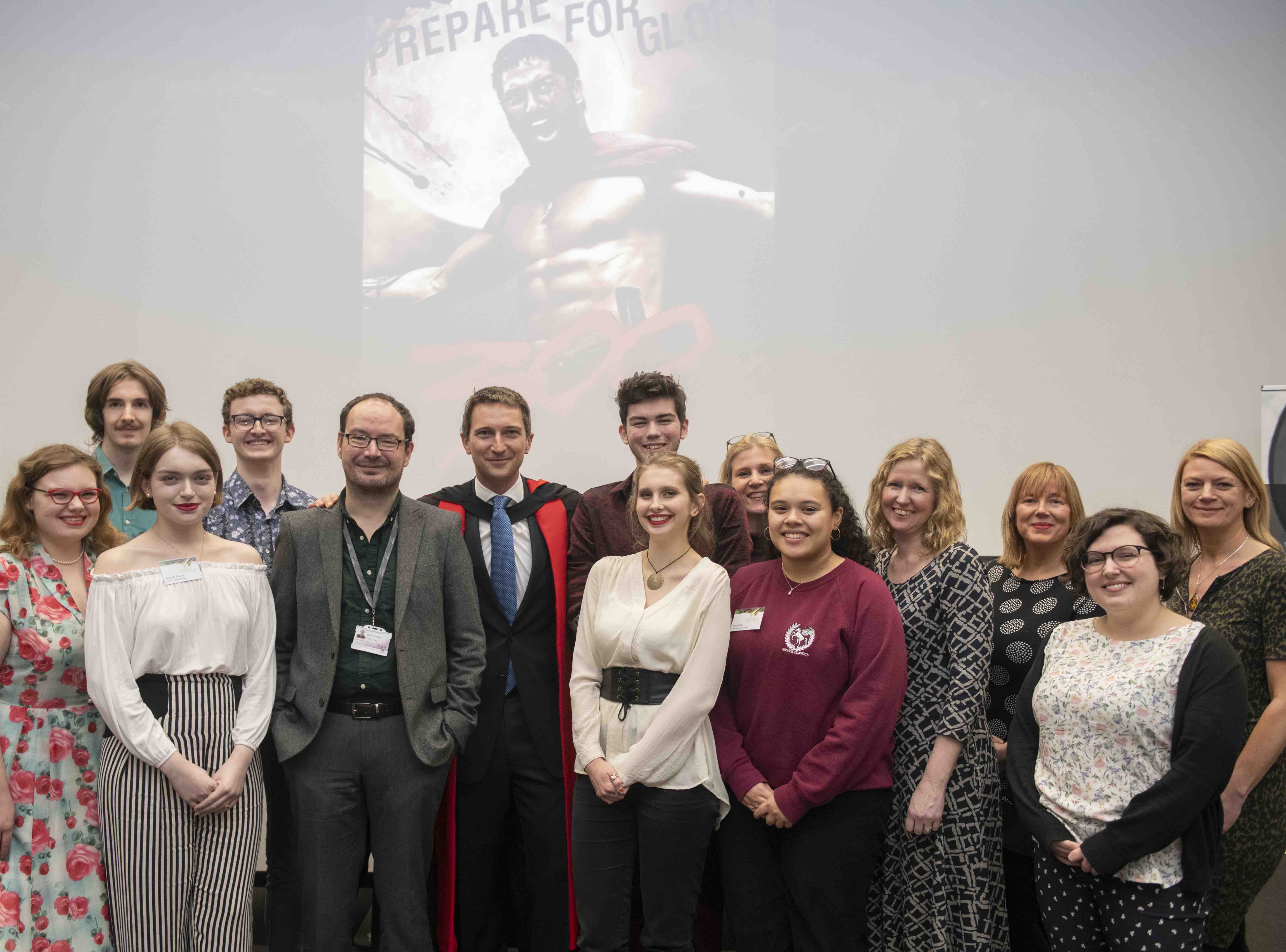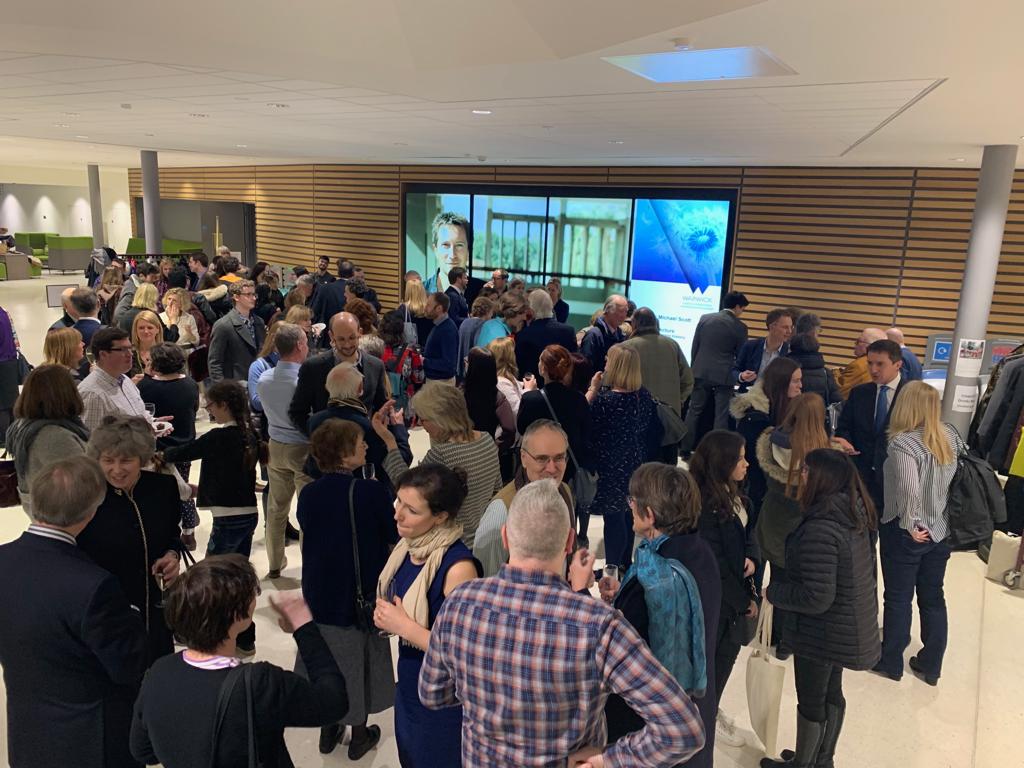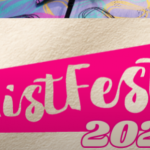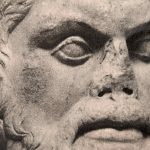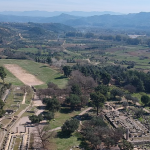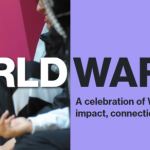It was a huge honour for me to be given the opportunity to deliver my Professorial Inaugural lecture at the University of Warwick on 20th February 2019.
My thanks go to WIHEA – the Warwick International Higher Education Academy – and to the Department of Classics for sponsoring the event; to Deputy Pro Vice Chancellors Gwen van der Velden and David Lamburn for their kind introductions; to Dr Paul Grigsby the Warwick Classics Network Research Fellow, and to the Postgraduate and Undergraduate Classics Ambassador Team, for helping make the event happen. And many thanks to you all for turning up to listen in the audience or via the Facebook Live broadcast.
You can catch up with the Facebook live broadcast here:
And you can watch a professionally recorded and edited version of the lecture here (much better sound quality!)
Here is a press release about the event from the University of Warwick:
And here is a nice slideshow of photos from the event (and drinks after!):
Giving a Professorial Inaugural lecture is supposed to be a chance for an academic to set out their priorities and key ideas for their research going forward. But I wanted my Inaugural to also focus on my equally important linked activities in teaching and engagement. For me, being an academic is always about the continual two-way dialogue between research, teaching and engagement and I believe passionately that each aspect of my work contributes to making the others better. I hope that comes across in the lecture, as well as the theme of breaking through boundaries: between research, teaching and engagement; within research fields and disciplines; in terms of how we teach and, perhaps most importantly, whom we teach and engage with.
In the audience at the lecture were representatives of every group of people I have the privilege to engage with in my work: from academics near to and far from Warwick; to Warwick’s undergrad, post grad and post doctoral students and fellows; to school students and teachers; to members of public groups interested in Classics like the Lytham St Annes Classical Association, to members of the public who engage with me through social media and my website; to my friends and family. And with the addition of Facebook Live video, the lecture could be watched by anyone with an internet connection. And most importantly anyone, in the room, or watching on line, could ask a question for the Live Q&A at the end of the lecture. It felt like we were truly making the boundaries of the University disappear, and it was the memory of a lifetime for me to be part of it.
